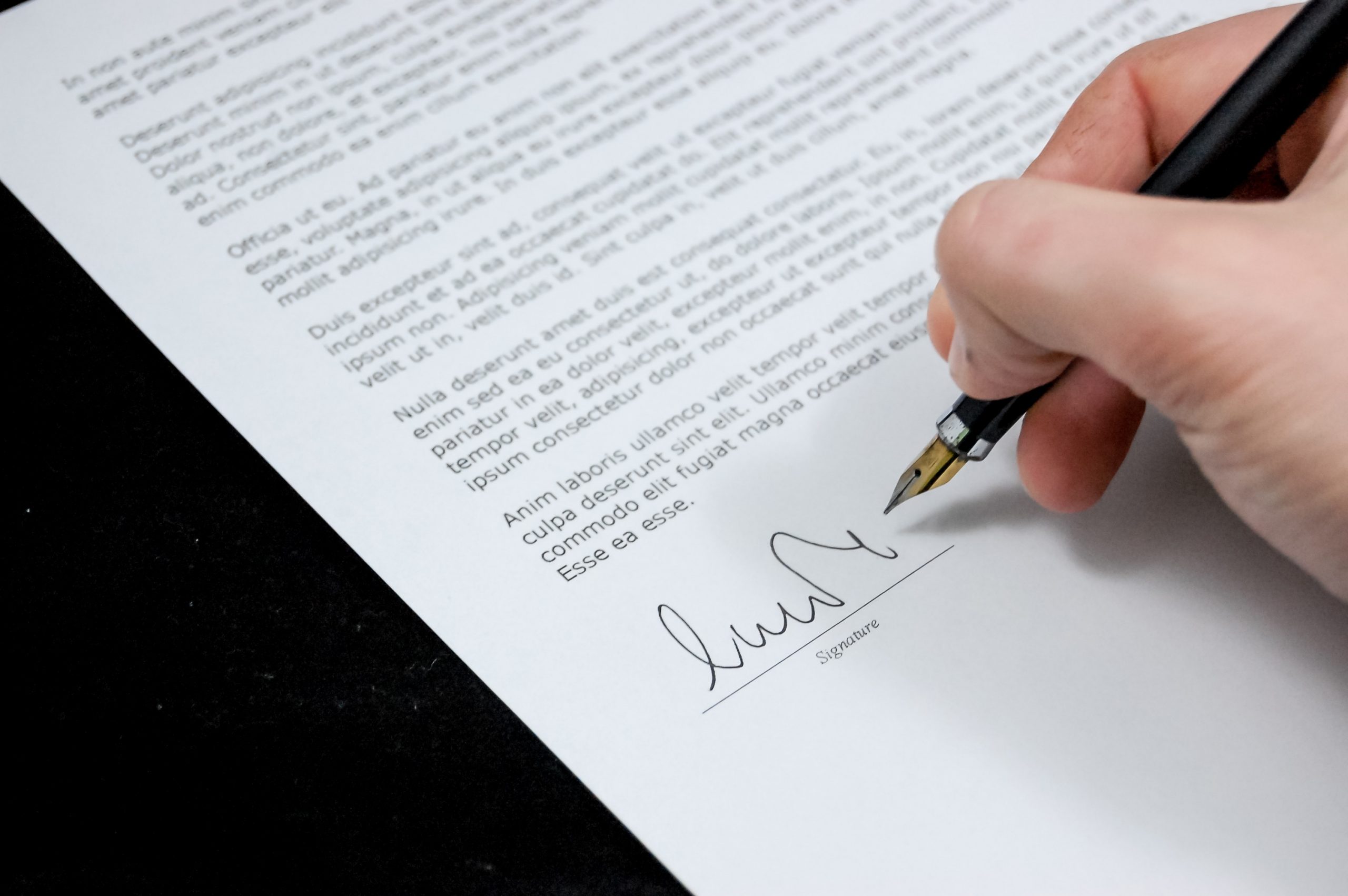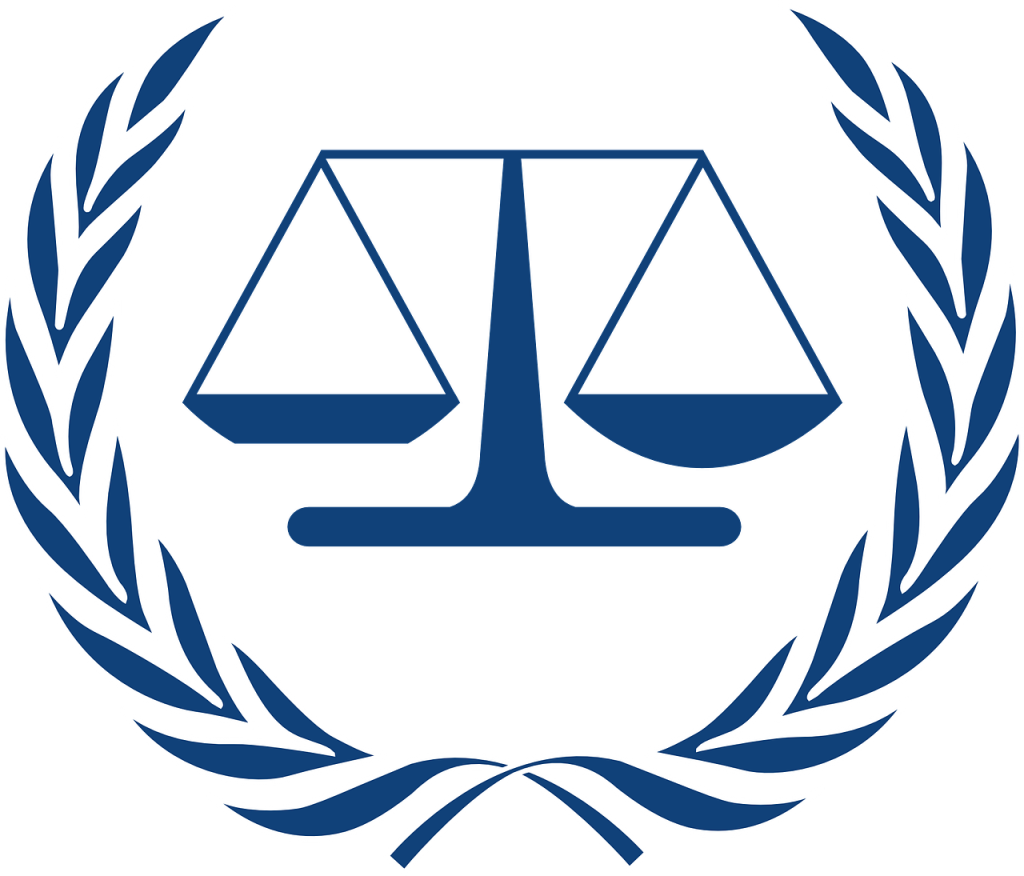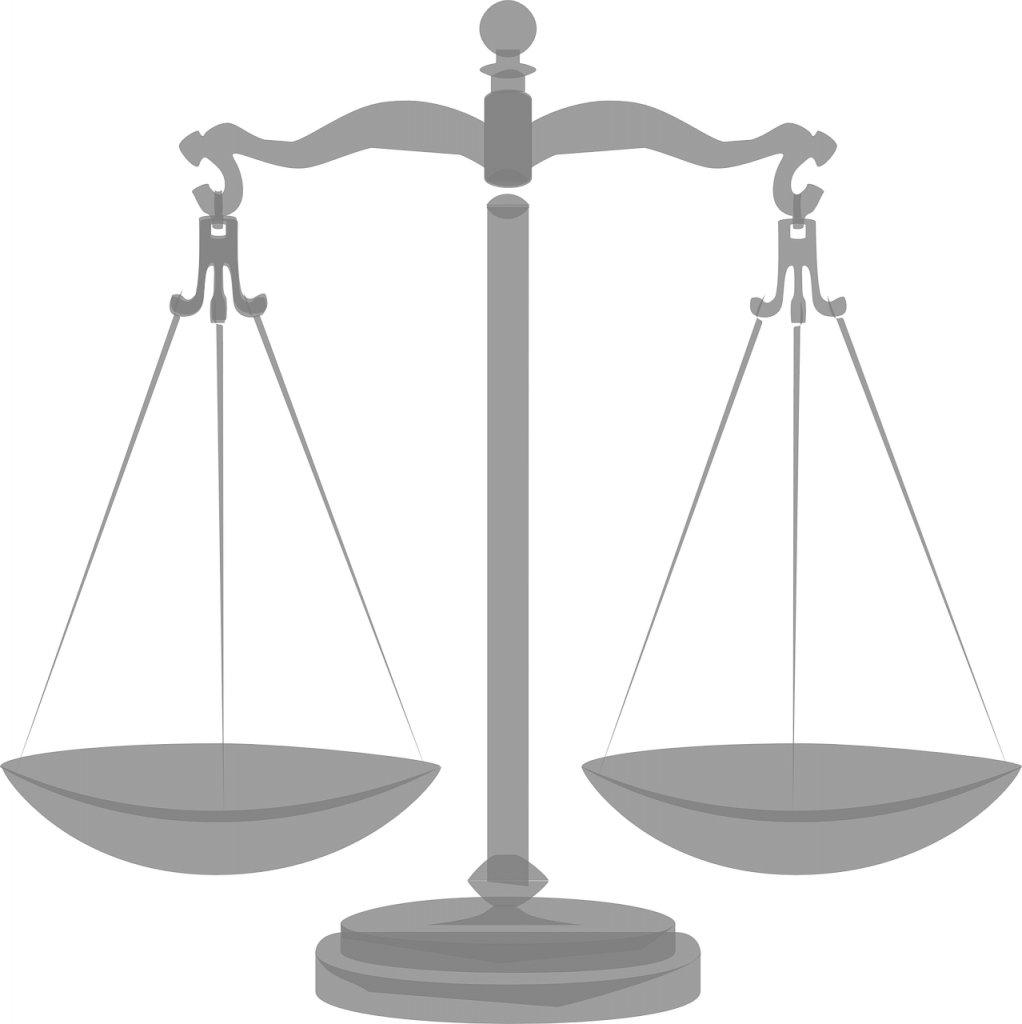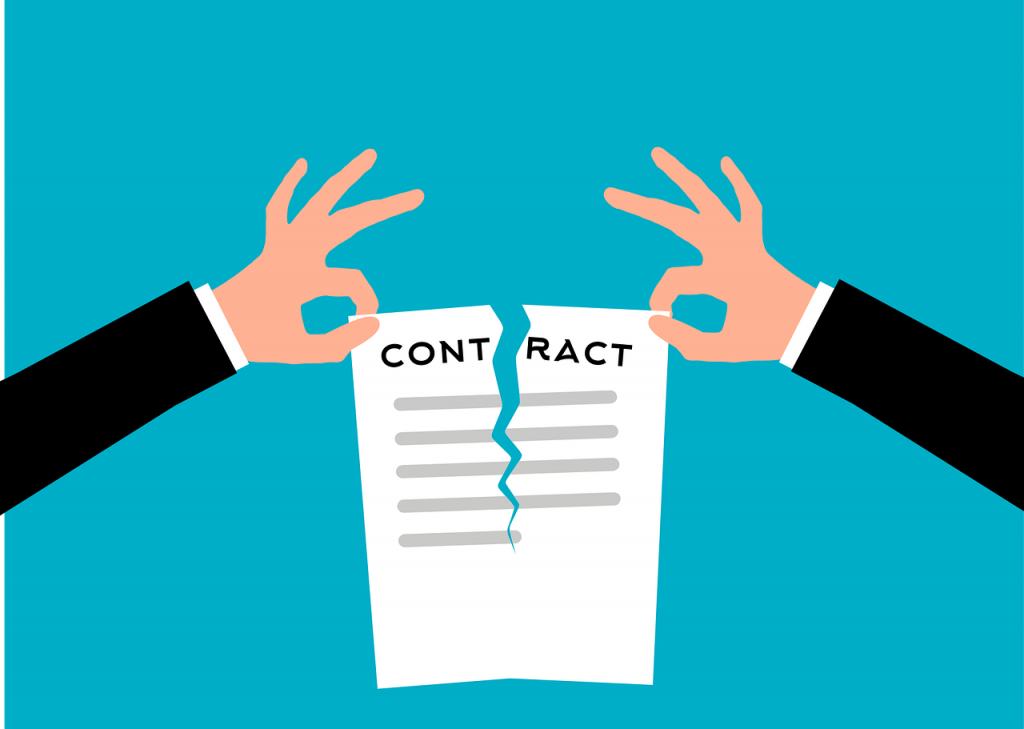Imagine this scenario: you’ve received an enticing job offer, one that seems too good to pass up. But before you accept, you need to understand the concept of offer acceptance and consideration. These two elements play a crucial role in the formation of a legally binding contract. In this article, we’ll demystify these terms and explore their significance in the world of law. By the end, you’ll have a clear understanding of what it means to accept an offer and why consideration is a vital component. So let’s dive in and uncover the key aspects of offer acceptance and consideration together.

The Importance of Offer Acceptance and Consideration
In the world of contract law, offer acceptance and consideration play a crucial role in the formation and enforceability of agreements. Understanding these concepts is essential to ensure that legal agreements are valid and binding. This article will delve into the basics of offer acceptance and consideration, exploring their key elements and significance in contract law. We will also discuss common issues and pitfalls to avoid, as well as the legal consequences of invalid offer acceptance. Lastly, we will touch upon negotiation, modification, enforcement, and breach of contracts.
Understanding the Basics
Definition of Offer Acceptance and Consideration
Offer acceptance refers to the act of agreeing to the terms and conditions proposed by another party, thereby forming a legally binding agreement. Consideration, on the other hand, refers to the exchange of something of value (such as money, goods, or services) between the parties involved in a contract.
Purpose of Offer Acceptance and Consideration
The purpose of offer acceptance is to establish mutual assent and ensure that both parties are in agreement with the terms and conditions of the contract. Consideration, on the other hand, serves to provide evidence of the parties’ intent to be bound by the agreement and adds an element of fairness and exchange to the contract.
Role of Offer Acceptance and Consideration in Contract Law
Offer acceptance and consideration are fundamental elements of contract law. They establish the essential components necessary for the formation of a valid and enforceable agreement. Without offer acceptance and consideration, a contract may lack the required elements to be legally binding.
Key Elements of a Valid Offer
Clear and Definite Terms
For an offer to be valid, it must have clear and definite terms. This means that the terms of the offer must be specific, leaving no ambiguity or room for misinterpretation. Clarity in the terms is crucial to ensure that both parties are fully aware of their rights and obligations under the contract.
Intent to Contract
An offer must demonstrate the intent to create a legal relationship between the parties involved. It should be clear that the offeror intends to be bound by the terms of the offer if the offeree accepts them. Without the intent to contract, the offer may be considered a mere invitation to negotiate rather than a legally binding agreement.
Communication of Offer
For an offer to be valid, it must be communicated to the offeree. The offeree must be aware of the existence and terms of the offer in order to consider it and potentially accept it. Without proper communication of the offer, there can be no valid acceptance.
No Vague or Uncertain Conditions
An offer must not contain vague or uncertain conditions. The terms of the offer should be clear and specific, leaving no room for doubt or ambiguity. If the conditions of the offer are uncertain or impossible to determine, the offer may be deemed invalid.
Invitation to Acceptance
An offer should be an open invitation to the offeree to accept the terms and conditions proposed by the offeror. The language and tone of the offer should indicate that acceptance is welcomed, encouraging the offeree to consider the offer seriously.
Acceptance and Its Role
Defining Acceptance in Contract Law
Acceptance is the expression of agreement by the offeree to the terms and conditions of the offer. It indicates the offeree’s willingness to be bound by the terms set forth by the offeror. Acceptance is a crucial step in the formation of a contract, as it completes the process of mutual assent between the parties.
Methods of Acceptance
Acceptance can be communicated through various methods, including oral, written, or even by conduct. It can also be expressed explicitly or implied from the offeree’s behavior or actions. The method of acceptance must be in line with the terms set forth in the offer.
Timeframe for Acceptance
The offeror may specify a timeframe within which the offeree must accept the offer. If no timeframe is specified, it is generally understood that the offeree should accept within a reasonable time. Failure to accept within the specified timeframe or a reasonable time may result in the offer lapsing or becoming invalid.
Acceptance by Silence
In certain situations, acceptance by silence may be deemed valid. This typically occurs when there is an established course of dealing between the parties or if the offeree’s silence can reasonably be interpreted as acceptance. However, acceptance by silence is generally not favored and may require additional elements to support its validity.
Conditional and Unconditional Acceptance
Acceptance may be conditional or unconditional. Conditional acceptance means that the offeree accepts the offer but includes additional terms or conditions. Unconditional acceptance, on the other hand, means that the offeree accepts the offer without any modifications or conditions. The acceptance must align with the terms of the offer for it to be considered valid.
What Is Consideration?
Definition of Consideration in Contract Law
Consideration is the exchange of something of value between the parties involved in a contract. It can take various forms, such as money, goods, services, promises, or even refraining from doing something. Consideration demonstrates that both parties are giving up something to enter into the contract, creating a sense of fairness and mutual obligation.
Types of Consideration
Consideration can be categorized into two types: executory consideration and executed consideration. Executory consideration refers to a promise to perform a certain act in the future, while executed consideration refers to an act that has already been performed. Both types of consideration are valid as long as they meet the requirements of legal sufficiency.
Legal Sufficiency of Consideration
For consideration to be legally sufficient, it must possess some value. The value can be monetary or non-monetary, as long as it is deemed to have some worth. Consideration cannot be illusory, which means it must involve a real detriment or benefit to the parties involved.
Past Consideration
Past consideration refers to a promise made in return for something that has already been performed. Generally, past consideration is not considered valid consideration, as it lacks the element of bargained-for exchange. However, there are exceptions to the rule, such as when the past consideration was requested by the offeror or if it was based on a prior implied promise.
Pre-Existing Duty Rule
The pre-existing duty rule states that performing or promising to perform a duty that a party is already obligated to do is not considered valid consideration. This rule prevents parties from trying to enforce promises for actions they are already legally required to take. However, there are exceptions to this rule, such as when there is a modification of an existing contract or if there is consideration provided outside the existing duty.
The Significance of Consideration in a Contract
Exchange of Value
Consideration ensures that both parties are giving up something of value in the contract. This exchange of value creates a sense of fairness and equity, as it shows that both parties have made sacrifices to enter into the agreement. Without consideration, a contract may lack the essential element of exchange.
Evidence of Mutual Assent
The presence of consideration in a contract serves as evidence of the parties’ mutual assent and their intent to be bound by the agreement. It demonstrates that both parties have entered into the contract willingly and with an understanding of the obligations and benefits involved.
Enhances the Enforceability of Contracts
Consideration enhances the enforceability of contracts by providing a legal basis for the parties to enforce their rights and obligations. It acts as a form of consideration that the court can acknowledge as a valid exchange, making it more likely for the contract to be enforced in case of a dispute.
Valid Consideration vs. Illusory Promises
To be legally enforceable, consideration must be valid and not illusory. Illusory promises are promises that do not bind the promisor to provide anything or perform any act. They lack mutuality and therefore cannot serve as valid consideration. Valid consideration, on the other hand, involves a real value exchange, making the contract enforceable.

Essential Factors to Consider in Offer Acceptance
Meeting the Terms of the Offer
For offer acceptance to be valid, the offeree must accept the terms of the offer as they were originally proposed by the offeror. Any modifications or changes to the terms may be considered a counteroffer, which the offeror can accept or reject.
Communication of Acceptance
Acceptance must be communicated to the offeror to be considered valid. The offeree must express their agreement to the terms either orally, in writing, or through conduct. It is essential to ensure that the acceptance is clear and properly communicated to avoid any misunderstandings regarding the formation of the contract.
Mode and Timing of Acceptance
The method of acceptance should align with the terms set forth in the offer. If the offeror specifies a particular mode of acceptance, the offeree must adhere to that requirement. Additionally, acceptance must occur within the timeframe specified in the offer or within a reasonable time, depending on the circumstances.
Mirror Image Rule
The mirror image rule states that acceptance must mirror the terms of the offer precisely. Any deviation or modification to the terms may be considered a counteroffer. If the offeree’s acceptance does not match the terms of the offer, the original offer may no longer be valid.
Revocation of Offer
An offer can be revoked at any time before it is accepted, unless the offeror has provided a firm commitment to keep the offer open for a specified period. Revocation of an offer must be communicated to the offeree to be effective. Once an offer is revoked, it is no longer valid, and acceptance after revocation will not create a legally binding contract.
Counteroffers
A counteroffer is a rejection of the original offer and the simultaneous submission of a new offer. When a counteroffer is made, the original offer is terminated, and the roles of offeror and offeree are reversed. It is essential for both parties to be aware that a counteroffer may nullify the initial offer and potentially create a new basis for negotiation.
Common Issues and Pitfalls to Avoid in Offer Acceptance and Consideration
Misunderstandings of Offer Acceptance
Misunderstandings regarding offer acceptance can lead to disputes and potential legal issues. It is crucial for both parties to have a clear understanding of the terms and conditions of the offer and ensure that acceptance is properly communicated. Clear and open communication can help prevent misunderstandings and facilitate the formation of a valid contract.
Ambiguity in Contract Terms
Contract terms that are vague or uncertain can create confusion and potentially render the contract unenforceable. To avoid ambiguity, it is important for the offeror to draft clear and specific terms, leaving no room for misinterpretation. The offeree should also seek clarification if any terms are unclear before accepting the offer.
Failure to Provide Consideration
Without valid consideration, a contract may lack the necessary elements to be legally enforceable. It is essential for both parties to ensure that there is an exchange of something of value in order to establish a valid and binding contract. Failure to provide consideration may result in the contract being deemed unenforceable.
Coercion and Duress
Offer acceptance obtained through coercion or duress is not considered valid. Coercion refers to the use of force or threats to obtain acceptance, while duress involves situations where one party is compelled to enter into a contract due to the wrongful acts or undue influence of the other party. Both coercion and duress undermine the voluntary nature of offer acceptance and render the contract vulnerable to being invalidated.
Unenforceable Agreements
Certain agreements may be unenforceable due to public policy or legal restrictions. For example, agreements to commit illegal acts, agreements against public policy, or agreements that violate statutory requirements may be deemed unenforceable by the courts. It is essential to ensure that the subject matter and terms of the contract comply with applicable laws and regulations to avoid entering into unenforceable agreements.

Legal Consequences of Invalid Offer Acceptance
No Valid Contract Formation
If offer acceptance is invalid, the contract may not be formed, and the parties may not be legally bound by the terms and conditions initially proposed. Without a valid contract, the parties may not have the legal recourse to enforce their rights or seek remedies for breach of contract.
Remedies for Breach of Contract
If a contract is indeed formed but one party fails to fulfill their obligations, the other party may seek remedies for breach of contract. These remedies may include specific performance, where the court orders the breaching party to fulfill their obligations, or damages, where the non-breaching party is awarded monetary compensation for the losses suffered as a result of the breach.
Restitution and Damages
In cases where a contract is deemed invalid due to invalid offer acceptance or other reasons, the courts may order restitution to restore the parties to their original positions before the contract was entered into. Damages may also be awarded if one party has suffered losses as a result of their reliance on the contract.
Enforcement and Breach of Contracts
Enforcement Options for Breached Contracts
If a party breaches a contract, the non-breaching party may seek enforcement through various legal options. These options may include litigation, mediation, or arbitration, depending on the terms of the contract and the applicable laws. The goal of enforcement is to ensure that the breaching party fulfills their obligations or compensates the non-breaching party for the losses suffered as a result of the breach.
Specific Performance
Specific performance is a legal remedy where the court orders the breaching party to fulfill the specific terms of the contract as originally agreed upon. This remedy is typically sought when monetary damages would not adequately compensate the non-breaching party or when the subject of the contract is unique or of significant value.
Rescission and Restitution
Rescission is the cancellation or termination of a contract due to a material breach or other factors that render the contract unenforceable. If a contract is rescinded, the parties are released from their contractual obligations, and any consideration exchanged must be returned. Restitution, on the other hand, involves returning the parties to their original positions before the contract was formed.
Damages and Liquidated Damages
Damages refer to the monetary compensation awarded to the non-breaching party for the losses suffered as a result of the breach. The aim of damages is to restore the non-breaching party to the position they would have been in if the contract had been properly performed. In some cases, contracts may include liquidated damages clauses, where the parties agree in advance on the amount of damages to be awarded in case of breach.
Non-Breach of Contract Cases
Not all contract disputes involve a breach of contract. Sometimes, parties may seek legal assistance to interpret the terms of the contract, resolve disputes, or clarify rights and obligations. Non-breach of contract cases may involve issues such as performance disputes, contract termination, or modification of contract terms.
In conclusion, understanding offer acceptance and consideration is essential to navigate the complex world of contract law. The presence of clear and definite terms, communication of the offer and acceptance, and the exchange of valid consideration are vital elements for a contract to be valid and enforceable. By avoiding common issues and pitfalls, parties can ensure that their agreements are legally binding and protected. In case of disputes or breaches, enforcement options and remedies are available to seek resolution and provide justice. It is crucial to consult with legal professionals to ensure compliance with applicable laws and to receive guidance in negotiating, modifying, enforcing, or resolving conflicts related to contracts. Remember, with a clear understanding of offer acceptance and consideration, you can confidently enter into contracts knowing your rights and obligations.
























